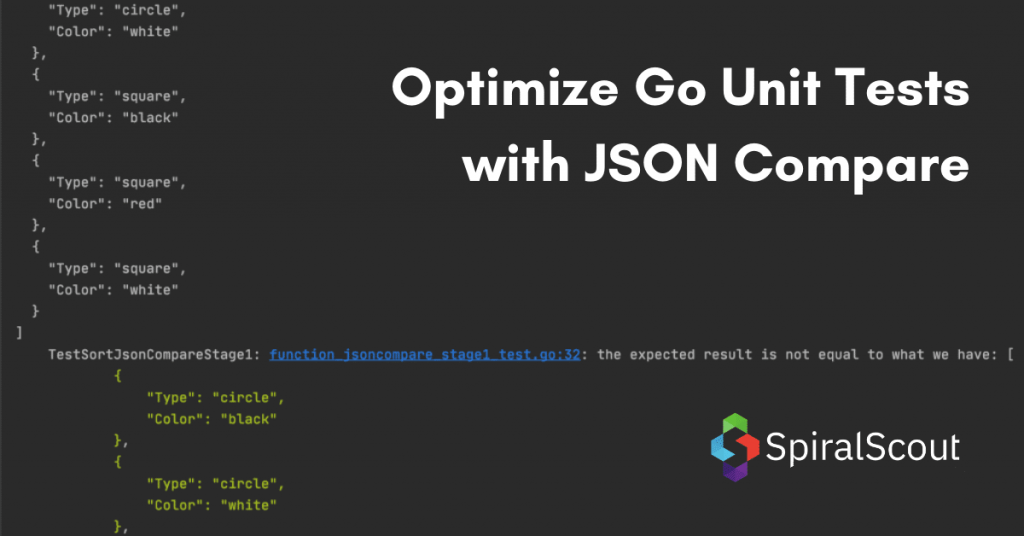

Return sorted((k, ordered(v)) for k, v in obj. To fix that, we can define an ordered function which will recursively sort any lists it finds (and convert dictionaries to lists of (key, value) pairs so that they're orderable): def ordered(obj):
#PYTHON 2.7 JSON COMPARE CODE#
but that doesn't work, because in each case, the "errors" item of the top-level dict is a list with the same elements in a different order, and sorted() doesn't try to sort anything except the "top" level of an iterable. I want to compare the value of p(priority) and based on that return corresponding code which has highest priority. For more information see Configuration functions.

There are many ways to produce a dictionary from different sources: construct one with code parse a file containing JSON or use a YAML parsing library if one is installed. It supports all types of primitive data types such as number, string, etc, along with python objects. Python 2.7 adds a dictConfig () function that uses a dictionary to configure logging. (New) Regular expressions supported for string to skip unconcerned keys or just to assert the format. Config whether it will ignore the order of items in a list or not, recursively. Enhanced the application by using HTML and Java script for design and development. Compare jsons and print the differences (what and where they are, recursion supported). If you want two objects with the same elements but in a different order to compare equal, then the obvious thing to do is compare sorted copies of them - for instance, for the dictionaries represented by your JSON strings a and b: import json Python has an in-built module JSON to work with JSON data. Developed tools for monitoring and notification using Python. Example You can load it in your python program and loop over its keys in the following way import json f open('data.json') data json.load(f) f.


 0 kommentar(er)
0 kommentar(er)
